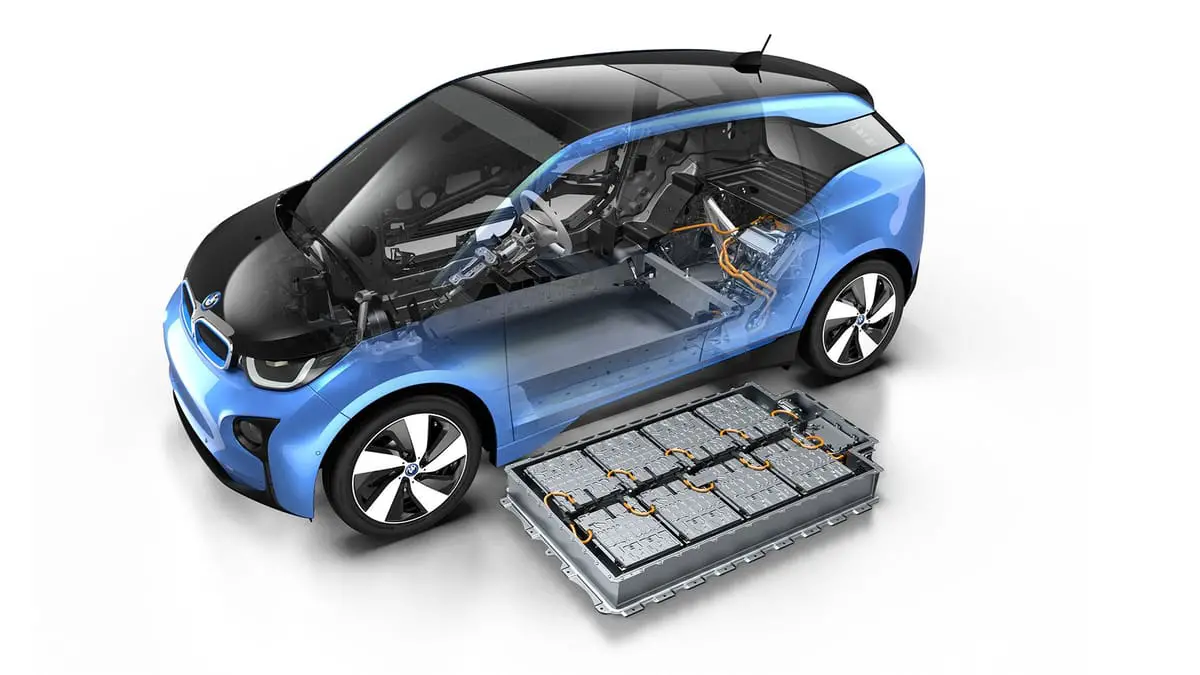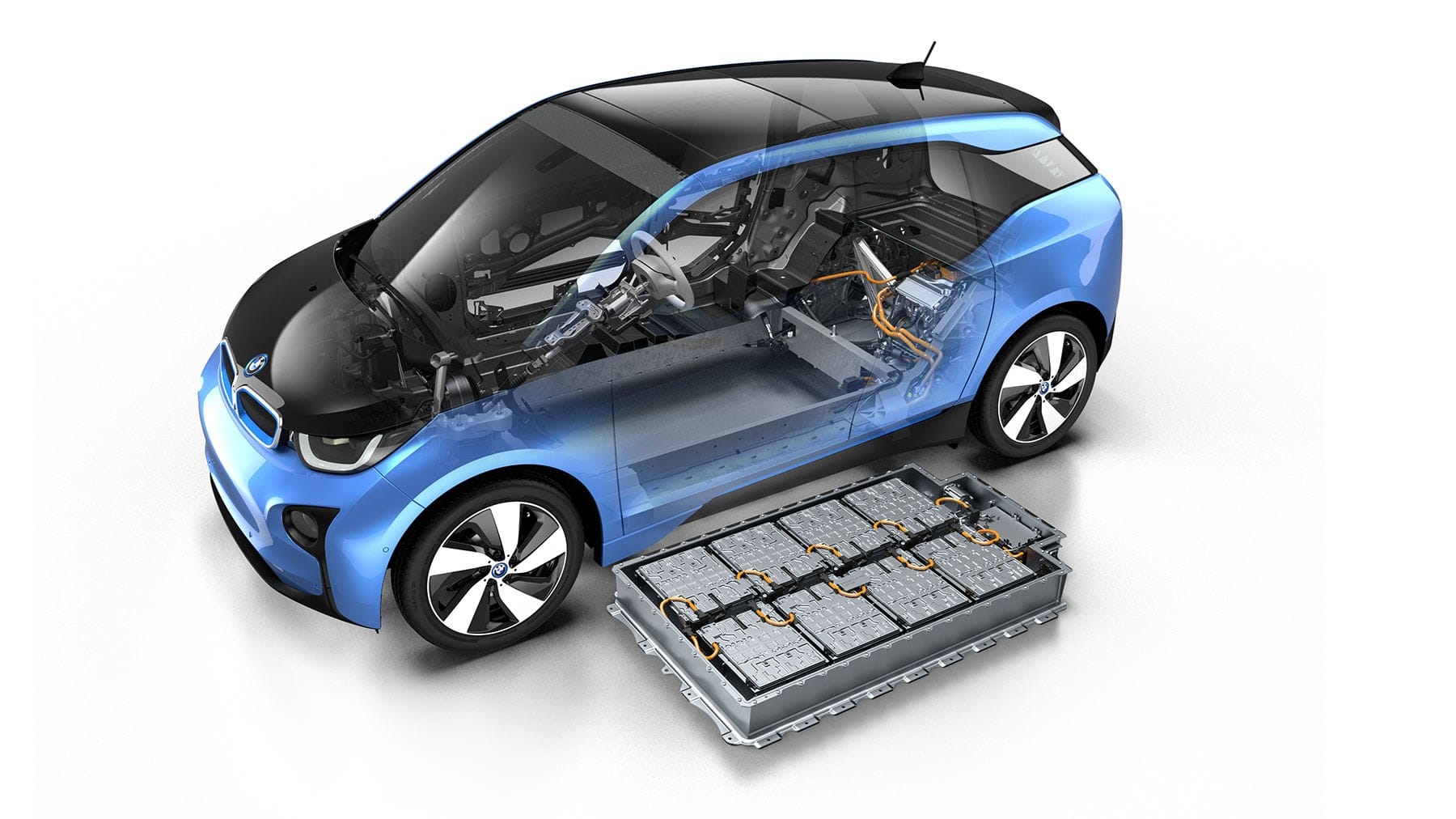Does an EV battery have ‘memory’?
Electric vehicles (EVs) are revolutionizing the automotive industry, offering environmentally friendly alternatives to traditional combustion engine vehicles.


Electric vehicles (EVs) are revolutionizing the automotive industry, offering environmentally friendly alternatives to traditional combustion engine vehicles.
However, amidst the rapid adoption of EVs, myths and misconceptions about their battery performance abound.
One common question that arises is whether EV batteries suffer from a phenomenon known as the "memory effect."
In this article, we delve into the concept of battery memory and explore whether it applies to EV batteries.
What is Battery Memory?
Battery memory, also known as "memory effect" or "voltage depression," is a phenomenon observed in certain types of rechargeable batteries, such as nickel-cadmium (NiCd) and nickel-metal hydride (NiMH) batteries.
It occurs when these batteries are repeatedly charged after being partially discharged, causing them to "remember" the lower capacity and reduce their overall energy storage capability over time.
Does the Memory Effect Apply to EV Batteries?
Contrary to popular belief, EV batteries, which are primarily lithium-ion (Li-ion) batteries, do not exhibit a memory effect.
Li-ion batteries, the most common type of battery used in EVs, are not susceptible to memory effects due to their chemical composition and design.
Why Li-ion Batteries Are Immune to Memory Effect:
- Chemical Composition: Li-ion batteries use lithium compounds as the electrolyte and cathode material, which exhibit different electrochemical behaviors compared to NiCd and NiMH batteries. This unique chemistry prevents the formation of memory effects in Li-ion batteries.
- Solid-State Electrolyte: Unlike liquid electrolytes found in some older battery chemistries, Li-ion batteries often utilize solid-state electrolytes, which offer greater stability and prevent the formation of dendrites and other issues associated with the memory effect.
- Battery Management Systems (BMS): EVs are equipped with sophisticated Battery Management Systems that regulate the charging and discharging of the battery pack. These systems ensure that the battery operates within optimal parameters, preventing overcharging, deep discharging, and other conditions that could potentially lead to memory effects.
Benefits of Li-ion Batteries for EVs:
- High Energy Density: Li-ion batteries offer high energy density, allowing EVs to achieve longer driving ranges on a single charge.
- Fast Charging: Li-ion batteries support rapid charging, enabling EV drivers to replenish their battery levels quickly at public charging stations.
- Longevity: While all batteries degrade over time, Li-ion batteries exhibit relatively slow degradation rates compared to other battery chemistries, ensuring long-term reliability for EV owners.
To conclude, the notion of the battery memory effect has been a subject of confusion and misinformation in the realm of electric vehicles.
However, it's essential to understand that EV batteries, particularly those based on lithium-ion technology, do not suffer from memory effects.
With their superior performance, energy density, and longevity, Li-ion batteries continue to drive the widespread adoption of electric vehicles, offering a sustainable and efficient solution for the future of transportation.




